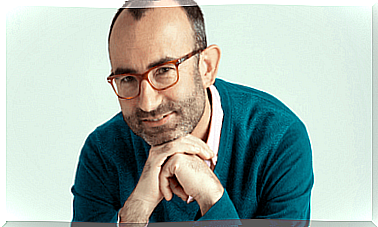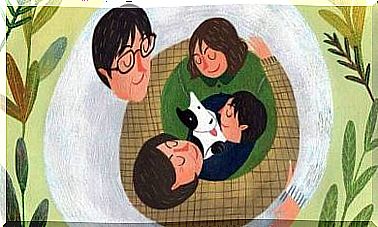A Half Truth Will Be, Sooner Or Later, A Whole Lie

There is no worse coward than one who makes constant use of half-truths. Because those who combine truth with falsehood, sooner or later, highlight the complete lie, because deceptions disguised as good manners are harmful and exhausting, moreover they tend to surface, as do complete lies.
Unamuno said in his texts that there is no good fool, that everyone, in their own way, knows how to conspire and use effective tricks to catch us by surprise. If there is anything that abounds in our society it is not precisely the stupid or the naive. The incomplete lie or the half-truth is the most familiar strategy that can be identified in almost all of our contexts, especially in the spheres of politics.
Making use of half-truths or lies with many short legs gives those who use them the feeling that they are not doing anything wrong, that they are exempt from the responsibility they have towards the other. It seems that pity by omission exempts from responsibility ; it’s like someone who tells us “I love you very much, but I need time” or “I really appreciate how you work and we value all your efforts, but we have to suspend your contract for a few months”.
The truth, even if it hurts, is something we all prefer and need at the same time. It is the only way we can move forward and muster forces to implement the appropriate psychological strategies with which to turn the page, to unmask false illusions by putting aside the lack of certainty and, first of all, the emotional instability that comes with it. from not knowing.

The bitter taste of half-truths
Strange as it may seem, lies and their psychological analysis are a reticent topic. Freud I hardly speak of this topic, because until then, it was an aspect relegated to the sphere of ethics and even of theology and its relationship with morality. However, from the 1980s social psychologists began to take an interest in and study in depth the subject of deception and all the interesting phenomenology associated with it to confirm something that Nietzsche himself had already said at the time: “the lie is a condition of life “.
We know that it may seem bleak, because despite the fact that even as children we are made aware of the need to always tell the truth, little by little and from the age of 4 we realize that resorting to lies often means obtaining certain benefits. Another aspect that becomes clear to us early on is that a direct falsehood without the aroma of truth is almost never profitable in the long run.

On the other hand, as Professor Robert Feldman of the University of Massachusetts School of Psychology has shown us, many of our most everyday conversations are imbued with these same incomplete truths. However, 98% of them are harmless, harmless and even functional (like telling a person with whom we have a lot of confidence “that we are fine, that we go on with this and that”, when, in reality, we are going through a complicated moment).
The remaining 2%, on the other hand, represents this disguised half-truth, this perverse strategy in which the fallacy of half-truth exercises a deception expressed by omission. Furthermore, the person wants to come out of it unscathed by justifying himself with the idea that, since his lie is incomplete, there is no offense.
The lie in the face of honesty
It is possible that many of us have been fed for some time with these half-truths which, after all, are complete lies. Maybe they even gave us “innocent” lies or they repeated the same lie over and over again with the hope that we would accept it as truth. However, sooner or later, this lie ends up coming to the surface like a cork in water.
Often two different justifications are used for this attitude: that it is all relative or that “no one can go around always telling the truth”. However, the ideal is to practice and, at the same time, demand honesty. While sincerity and frankness are associated with the absolute obligation not to lie, honesty has a much more intimate, useful and effective relationship with one’s being with others.

We speak, first of all, of respect, of integrity, of being genuine, consistent and of never resorting to these stratagems in which cowardice is distilled with hidden aggression. We must understand, therefore and to conclude, that there is no more harmful lie than the disguised truth and that to live together in harmony and respect, nothing is better than honesty. A dimension which, in turn, needs another indisputable pillar: responsibility.









